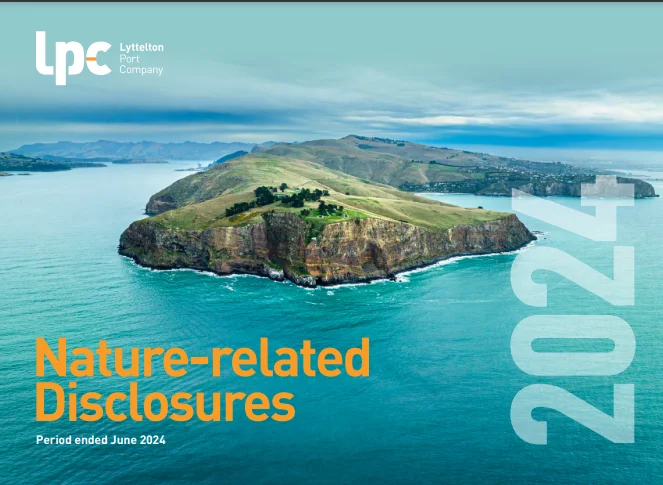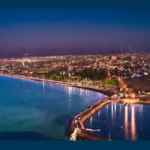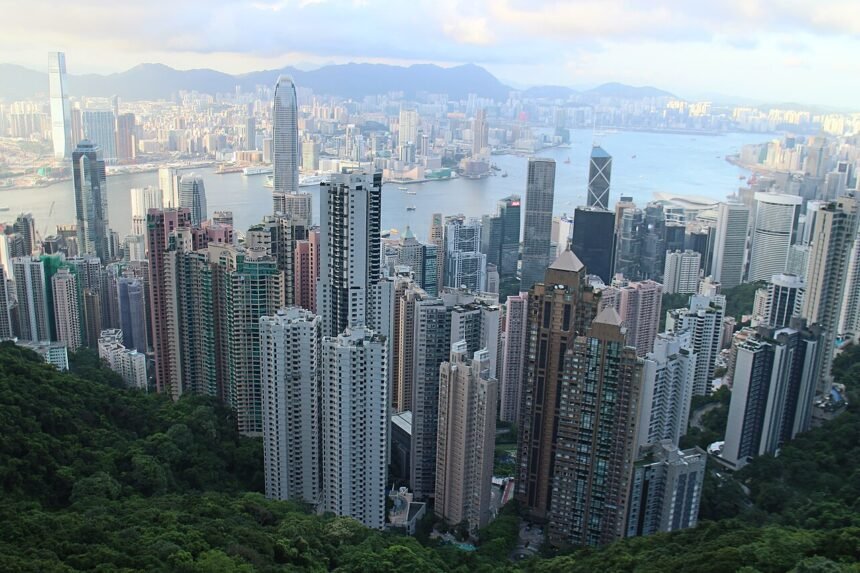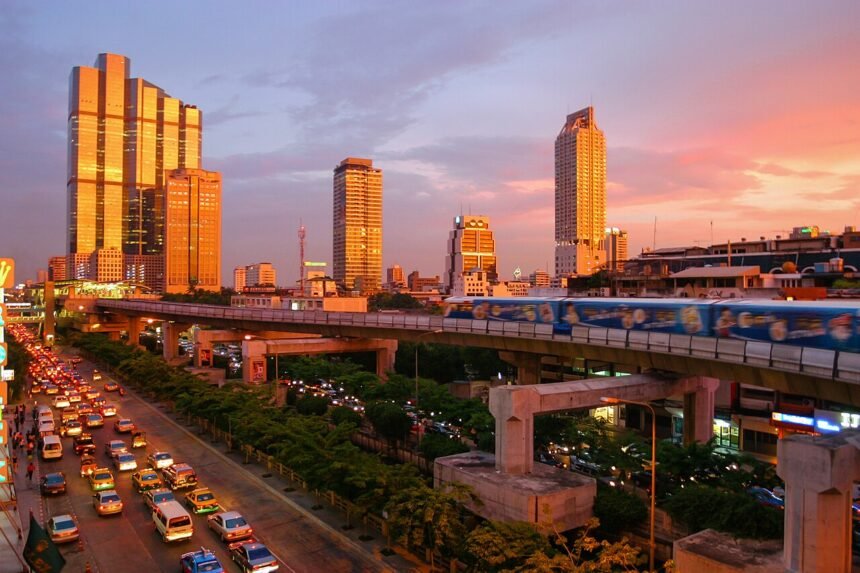Lyttelton Port Company (LPC, the Port) operations are vital to the success of various exporters and importers, making it the second-largest export hub in New Zealand.
LPC facilitates the movement of billions of dollars’ worth of exports and imports annually, supporting thousands of jobs and contributing significantly to the local economy.
The Port is also a key part of the domestic supply chain, supporting the distribution of consumer goods and food throughout the South Island.
Our business and local communities rely on natural capital, which includes assets, resources and other benefits provided by nature. LPC’s dependency on natural capital is evident through revenue from imports and exports, infrastructure longevity, raw material provisioning, freshwater supply, operational conditions and maintaining cultural, recreational and aesthetic values in Whakaraupō/Lyttelton Harbour.
At a time before human occupation, Whakaraupō/Lyttelton Harbour had rich forests and clear streams. The harbour was abundant with fish, shellfish and aquatic vegetation.
Today, habitats on the land and in the harbour are only fragments of what they once were. The condition of nature is impacted by sedimentation, pollution, marine heat waves and the encroachment of invasive pests. The Whaka-Ora Catchment Management Plan (Te Hapū o Ngāti Wheke et al., 2018) describes a future aspirational state of nature for Whakaraupō/Lyttelton Harbour. The five partners committed to Whaka-Ora Healthy Harbour are Te Hapū o Ngāti Wheke (mana whenua and mana moana), Te Runanga o Ngāi Tahu, Environment Canterbury, Christchurch City Council and LPC.
Alongside our Whaka-Ora partners we are taking steps to improve the health of the harbour.
LPC has a biodiversity positive ambition, with the goal to ensure positive actions for nature outweigh negative impacts.
This first nature-related disclosures report focuses on LPC’s impacts, dependencies, risks and opportunities and identifies, and addresses where Port activities have contributed to habitat change since the beginnings of a commercial Port in 1875.
Through collaboration with others and guidance that is being developed for New Zealand’s businesses and ecosystems, we can improve our future nature-related disclosures and business response to risk and opportunity.
To meaningfully address our biodiversity positive ambition, we will develop a roadmap that sets metrics and targets for our continued commitment and tracking progress.
Understanding how our business relies on nature and how our activities impact the state of nature allows us to operate as an integral part of the ecosystem within Whakaraupō/Lyttelton Harbour – not separate from it.
We will continue to implement biodiversity positive solutions by avoiding and reducing our impacts on nature and increasing restoration initiatives. Through collaboration we aim to transform our relationship with nature.

Board of Directors’ Report Opening Statement.












